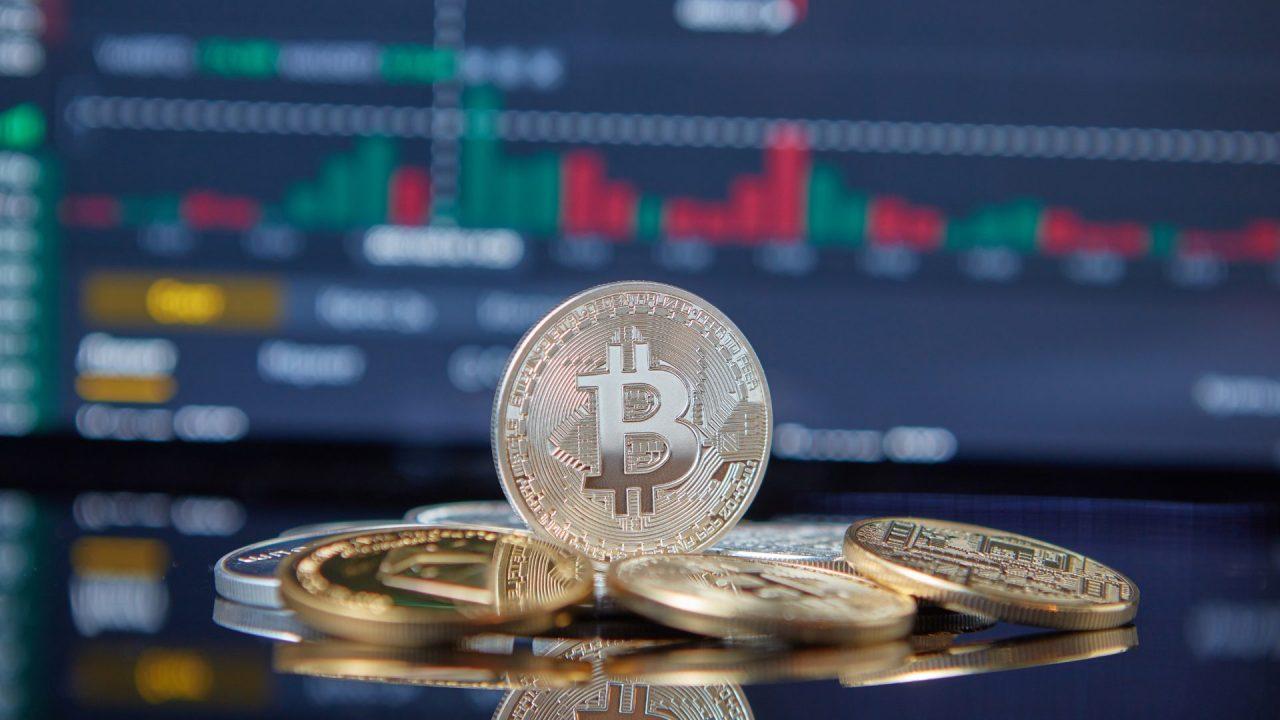Crypto swaps allow users to exchange one cryptocurrency for another without the need for a centralized exchange, offering a high degree of flexibility and control over assets. However, while this mechanism brings significant advantages, it also presents security challenges that users must address to protect their investments.

This guide outlines essential security best practices for performing crypto swaps, including how platforms like LI.FI enhances the safety and efficiency of such transactions.
Understand the platform you’re using
Before engaging in any crypto swap, it is crucial to understand the platform or decentralized exchange (DEX) you plan to use. Not all platforms are created equal, and some may have vulnerabilities or hidden risks that could compromise your assets.
Best practices include researching the reputability of platforms by opting for those with a proven track record, transparent operations, and positive community feedback. It is important to look for audits and security certifications that indicate a platform’s commitment to safe practices.
For individuals with technical expertise, reviewing the open-source code of a platform can offer valuable insight into potential vulnerabilities. Additionally, assessing the liquidity of a platform is essential to ensure it has sufficient liquidity for the assets you wish to swap. High liquidity generally results in smoother transactions and reduces the risk of slippage, which can impact the value of your swap.
Verify contract addresses
When performing a crypto swap, you interact with smart contracts that facilitate the transaction. Malicious actors often create counterfeit contracts that mimic legitimate ones to deceive users.
Best practices involve confirming the contract authenticity by always verifying the contract address of the token you are swapping. This can be done through official project websites, reputable aggregators, or trusted blockchain explorers. It is also recommended to bookmark the official sites and resources of projects you interact with frequently to avoid phishing sites that may use similar-looking URLs. Additionally, cross-checking the contract address across multiple platforms helps ensure consistency and authenticity.
Use a hardware wallet
A hardware wallet is a physical device that securely stores your private keys offline, which makes it less vulnerable to hacking or malware attacks. When performing swaps, especially those involving significant amounts of crypto, using a hardware wallet adds an extra layer of security.
Best practices include connecting your hardware wallet only to trusted and reputable interfaces that do not store sensitive data. This ensures that your assets remain secure during transactions. Additionally, keeping your hardware wallet firmware updated is essential to patch any vulnerabilities and enhance security features. Regular updates help protect against emerging threats and improve overall wallet performance.
Leverage multi-chain solutions carefully
Multi-chain solutions allow users to swap assets across different blockchains, expanding the range of possible transactions. While this adds flexibility, it also introduces additional risks, such as interacting with bridges and other tools that may have vulnerabilities.
LI.FI is a bridge and swap aggregator that optimizes cross-chain transactions by finding the best paths for swaps across multiple blockchains. One of the ways LI.FI enhances the security of crypto swaps by vetting and integrating only trusted bridges and DEXs.
This ensures that users perform cross-chain transactions through reliable routes, minimizing exposure to untested or potentially compromised bridges. While multi-chain swaps offer significant advantages, maintaining cautious exposure helps protect assets and ensures safer transactions.
Tradersdna is a leading digital and social media platform for traders and investors. Tradersdna offers premiere resources for trading and investing education, digital resources for personal finance, market analysis and free trading guides. More about TradersDNA Features: What Does It Take to Become an Aggressive Trader? | Everything You Need to Know About White Label Trading Software | Advantages of Automated Forex Trading


































